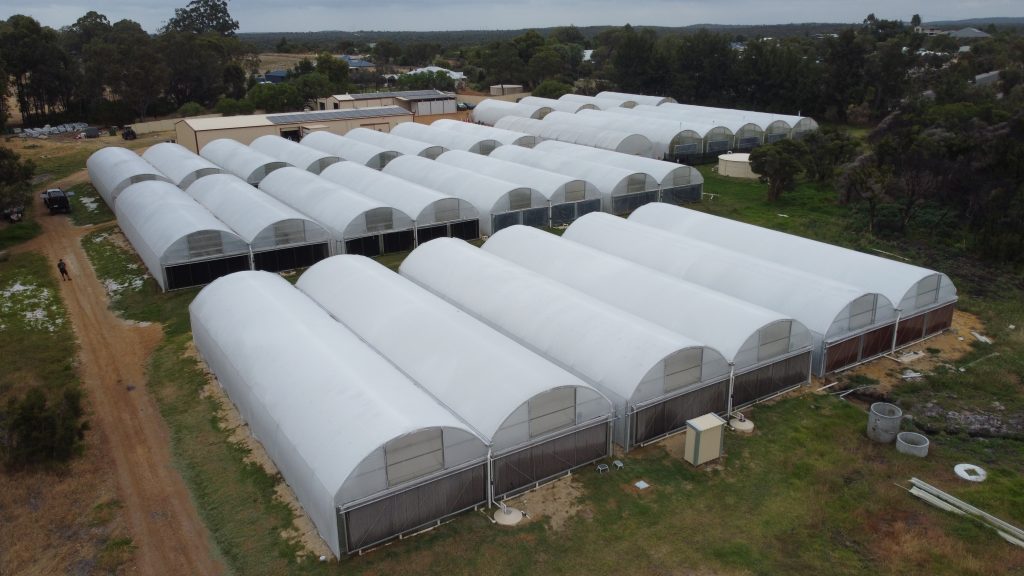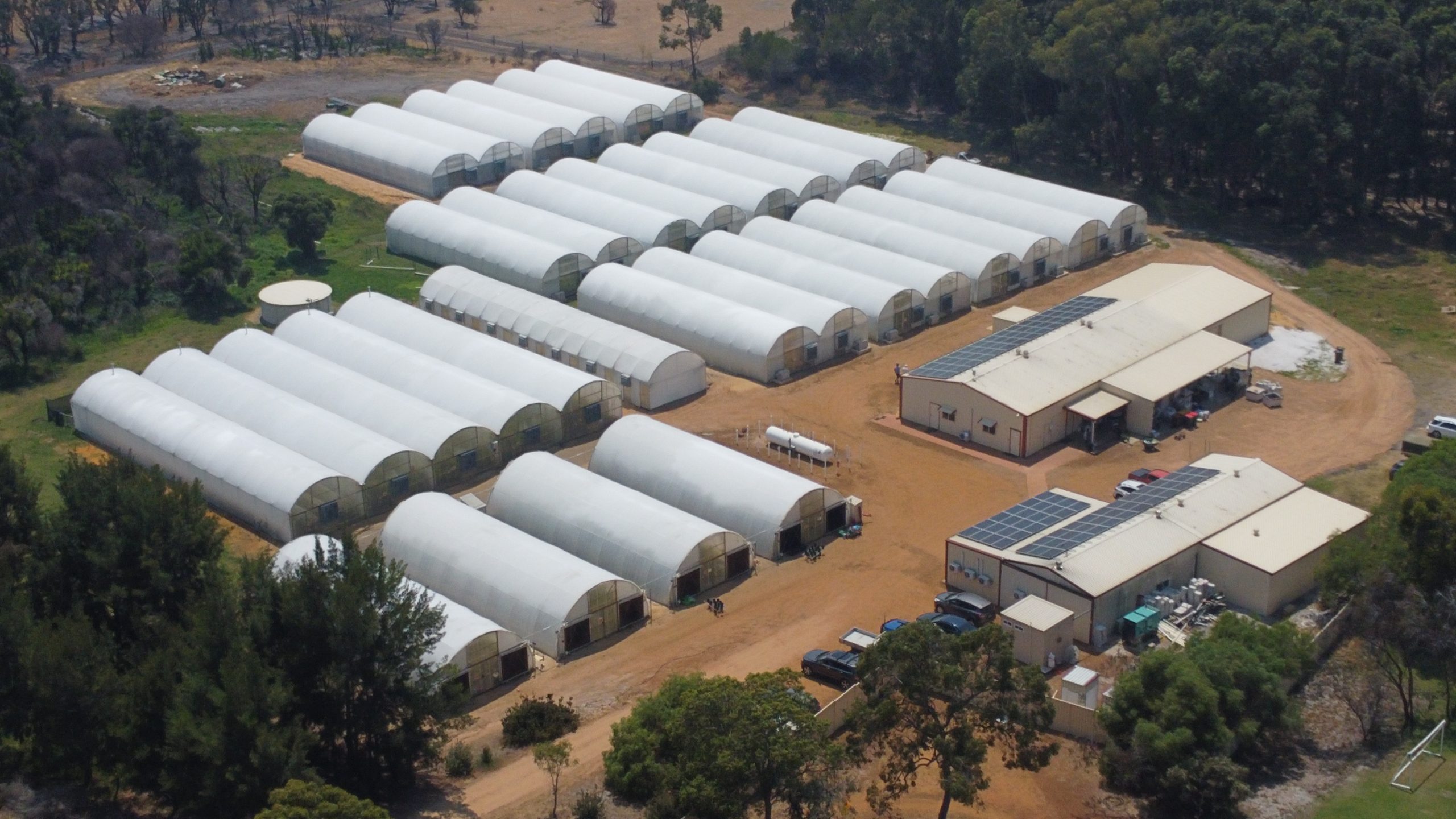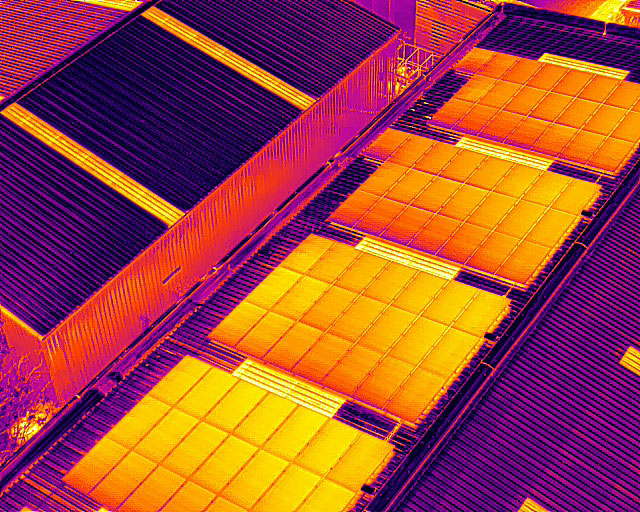Greenhouse whitewashing, as advocated by Michigan State University, offers numerous benefits crucial for optimal plant growth and greenhouse management:
1. Temperature Regulation: Whitewashing helps regulate greenhouse temperatures by reflecting excess sunlight, preventing overheating during peak hours. This maintains an optimal climate for plants, reducing stress and improving growth rates.
2. Light Diffusion: By diffusing sunlight, whitewashing ensures more uniform light distribution throughout the greenhouse. This minimizes shadowing effects, allowing plants at different heights to receive adequate light for photosynthesis, resulting in healthier and more uniform crop growth.
3. Pest Control: Whitewashing acts as a physical barrier, deterring pests and reducing the need for chemical pesticides. This natural pest control measure helps maintain a healthy ecosystem within the greenhouse, promoting sustainable agriculture practices.
4. UV Protection: The whitewash layer filters out harmful ultraviolet (UV) radiation, protecting plants from sunburn and reducing the risk of damage to leaves and fruits. This UV protection is especially crucial for delicate plant varieties and can enhance overall crop quality.
5. Energy Efficiency: By reducing the need for artificial cooling systems, greenhouse whitewashing contributes to energy savings and lowers operating costs. This eco-friendly approach aligns with sustainability goals and reduces greenhouse gas emissions associated with energy consumption.
6. Crop Quality and Yield: Consistent temperature and light regulation provided by whitewashing contribute to improved crop quality, including color, flavor, and nutritional value. Additionally, optimal growing conditions promote higher yields, ensuring a more profitable harvest for greenhouse growers.
7. Environmental Impact: Implementing whitewashing techniques aligns with sustainable agriculture practices by reducing reliance on synthetic inputs and minimizing environmental footprint. This eco-conscious approach supports biodiversity and long-term ecosystem health.
Incorporating greenhouse whitewashing into cultivation practices offers multifaceted benefits, enhancing both the productivity and sustainability of greenhouse operations. By adopting these techniques, growers can optimize plant growth, reduce environmental impact, and ensure the long-term viability of their agricultural enterprises.
If you would like to discuss your Green House Whitewashing Needs, please contact:





